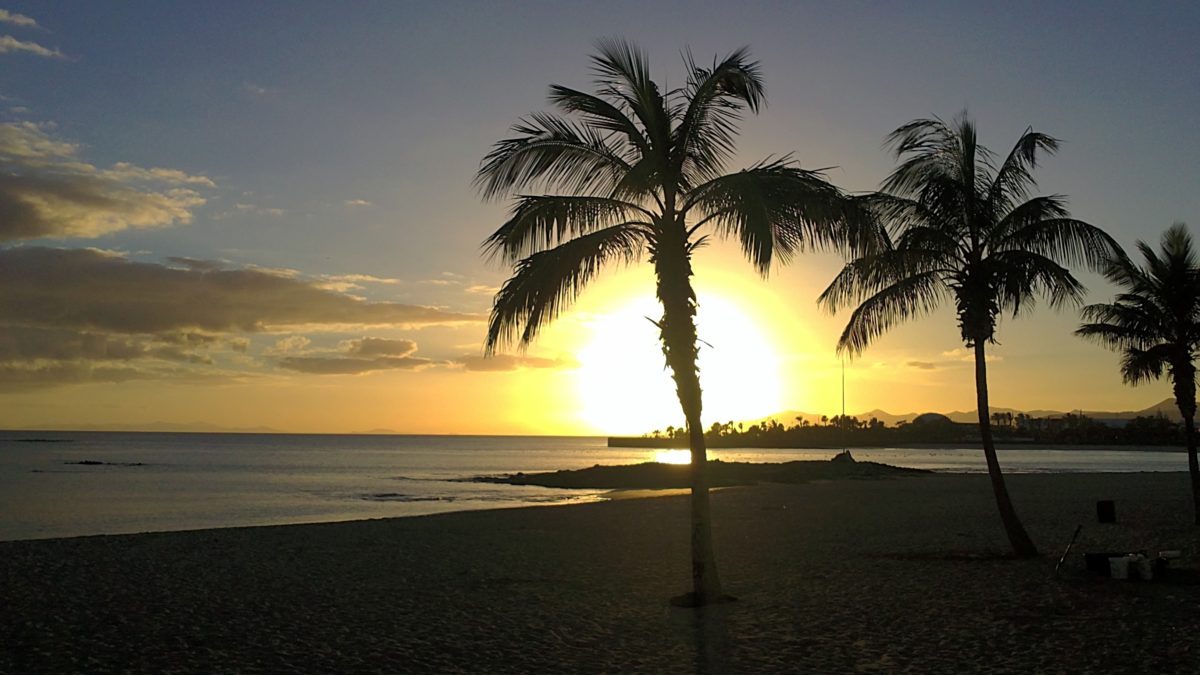A four-day online conference has seen 22 islands in the EU make sustainability pledges. The Clean Energy for EU islands online forum brought together island communities to discuss clean energy and decarbonization plans.
“Carbon-neutral energy systems developed on an island scale may be replicated and scaled-up elsewhere,” EU energy commissioner Kadri Simson told the forum. “This gives islands a unique potential to be trailblazers of the European Green Deal.”
Croatia held the EU Council's rotating presidency for the first half of the year and leveraged the role to try and accelerate decarbonization on EU islands. The nation's 1,244 islands host a proportion of the 15 million EU citizens who live off the mainland. Fellow member states with significant island populations signed the memorandum of Split during Croatia's chairmanship of the Council of Ministers.
Promises
The Spanish territory of A Illa de Arousa was among the 22 islands to last week make clean energy commitments, pledging to transition to a more sustainable model to preserve ecosystems. The island gets 99% of its electricity and thermal fuel needs from the mainland. On the Croatian territory of Brač, community representatives vowed to achieve energy independence by 2030 by developing renewables capacity. In Irish North Sea, Cape Clear promised partial decarbonization by 2040 plus transport decarbonization by 2050, accompanied by a digital transformation.
Island peers Halki, Symi, and Kasos, in Greece; Croatia's Hvar Archipelago and Korčula; and Spanish Ibiza and Menorca also made pledges along with the French islands Île de Sein, Molène and Ouessant. They were joined by the Italian island of Pantelleria; the Finnish territory Kökar and Scotland's Eigg, Muck, Rum, Canna, Fair Isle, Foula and the Knoydart peninsula.
“These transition agendas are a testament to the hard work and fruitful collaborations among islanders both within their communities and across borders,” said Commissioner Simson. “It has been truly inspiring to see what is possible when local people have the power and support to write their own futures. We look forward to continuing the cooperation with the EU island communities to make the European Green Deal a reality, both through this initiative and through other EU actions to support a locally-driven energy transition.”
The Portuguese Azores, France's Hoedic and Houat, Belle-Île and Marie-Galante said they will publish their transition plans shortly, as did Crete and Mallorca.
In May 2017, 14 EU countries signed a political declaration regarding the decarbonization of EU islands. Six pilot projects were announced last year on the Aran Islands of Ireland; Croatia's Cres-Losinj archipelago; Portuguese Culatra; Spain's La Palma; Italy's Salina; and Sifnos, in Greece.
This content is protected by copyright and may not be reused. If you want to cooperate with us and would like to reuse some of our content, please contact: editors@pv-magazine.com.




By submitting this form you agree to pv magazine using your data for the purposes of publishing your comment.
Your personal data will only be disclosed or otherwise transmitted to third parties for the purposes of spam filtering or if this is necessary for technical maintenance of the website. Any other transfer to third parties will not take place unless this is justified on the basis of applicable data protection regulations or if pv magazine is legally obliged to do so.
You may revoke this consent at any time with effect for the future, in which case your personal data will be deleted immediately. Otherwise, your data will be deleted if pv magazine has processed your request or the purpose of data storage is fulfilled.
Further information on data privacy can be found in our Data Protection Policy.